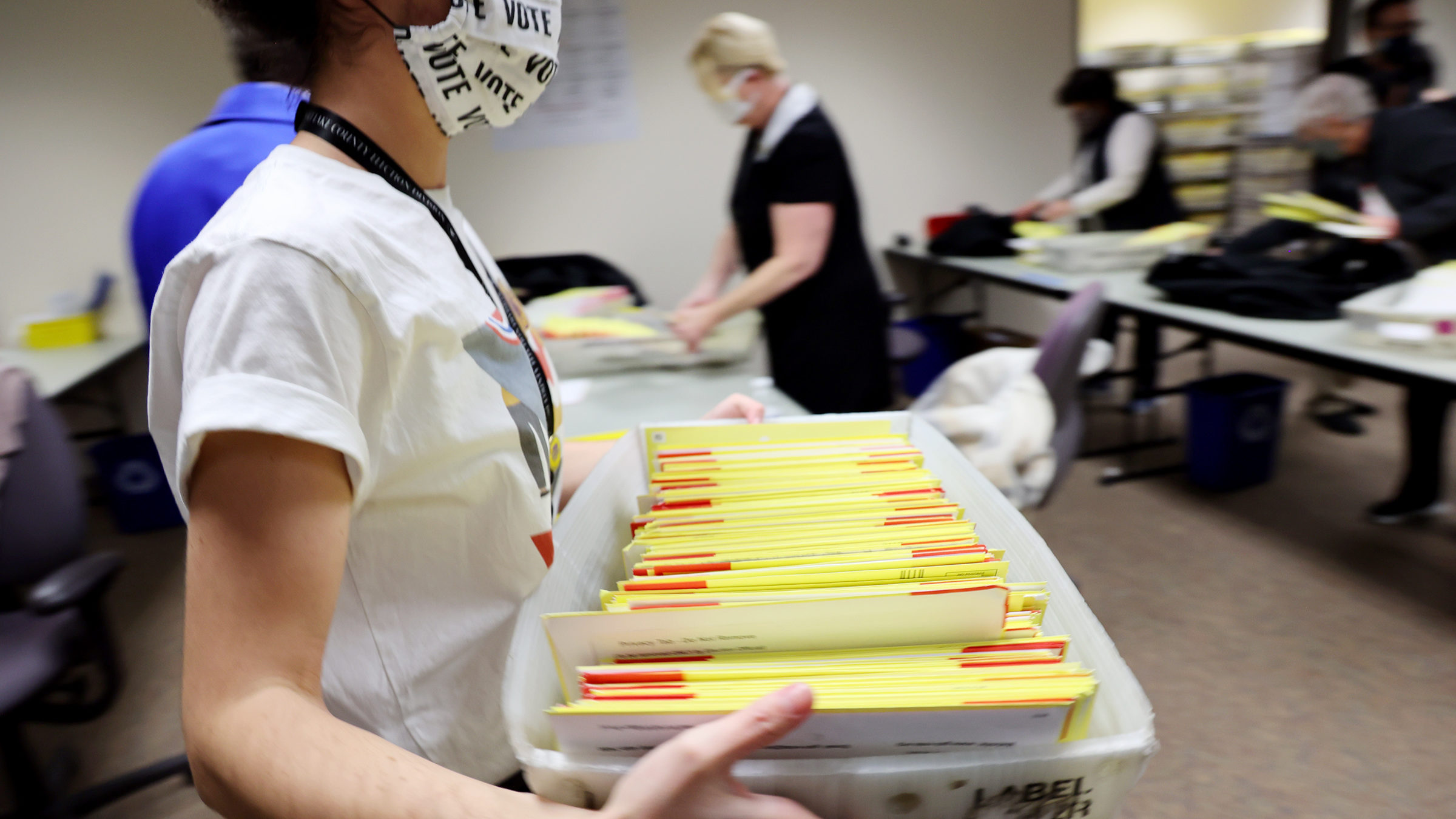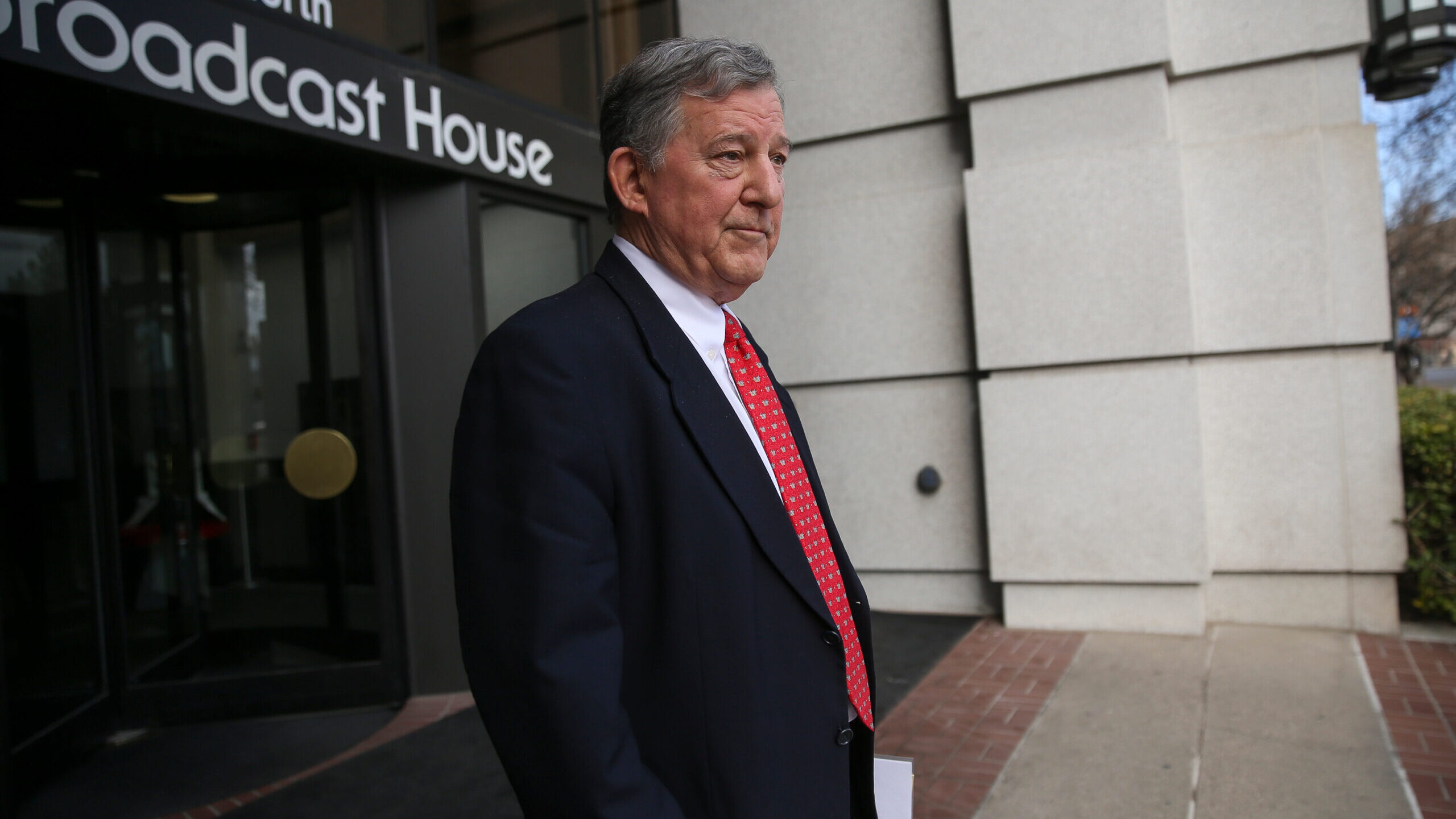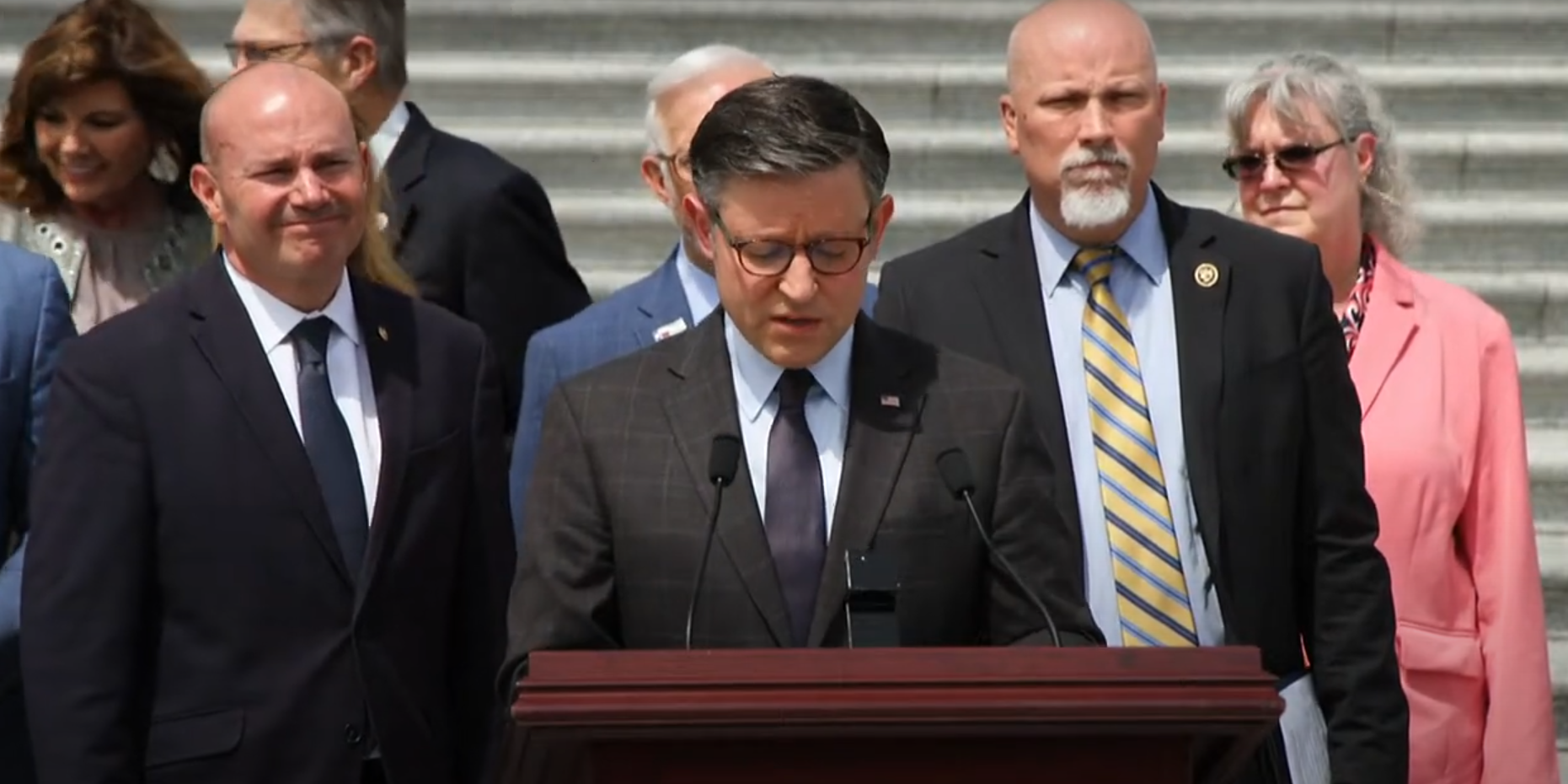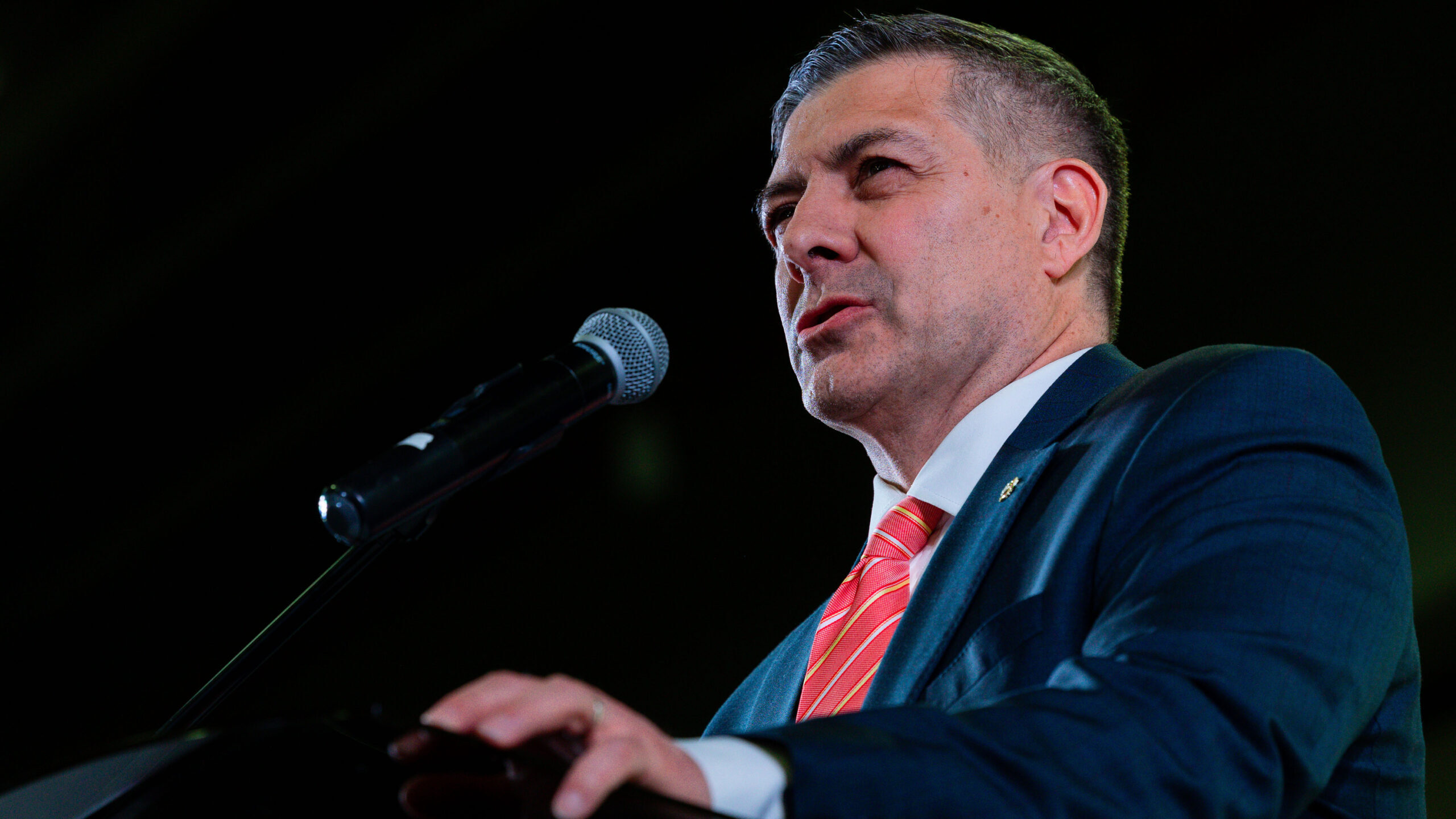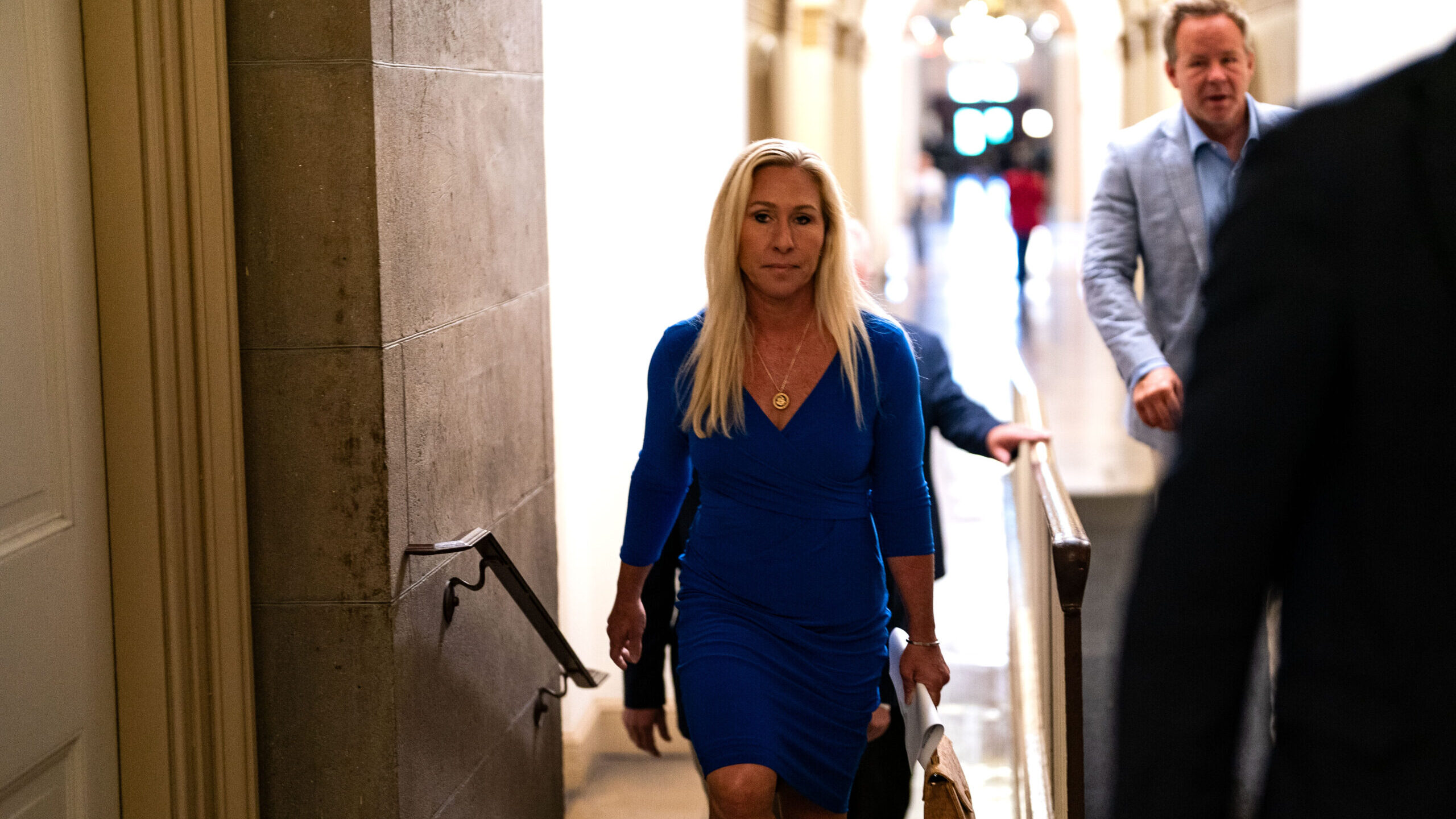Explainer: What does the executive branch really do?
Aug 7, 2023, 8:30 PM | Updated: Aug 8, 2023, 10:48 am
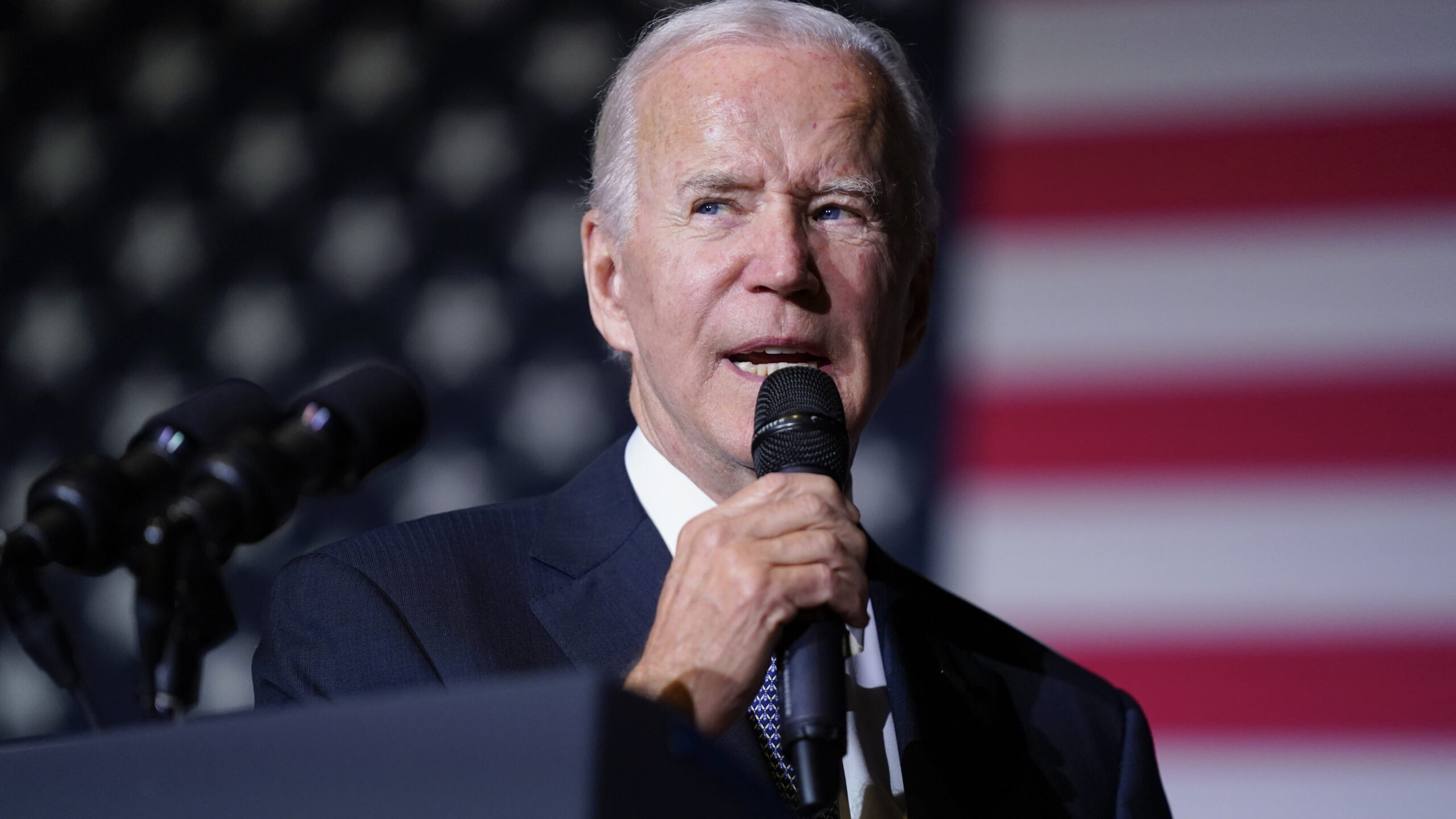
FILE - President Joe Biden speaks about student loan debt relief at Delaware State University, Oct. 21, 2022, in Dover, Del. (AP Photo/Evan Vucci, File)
(AP Photo/Evan Vucci, File)
SALT LAKE CITY — What is the real role of the President of the United States and the executive branch? According to the Constitution, it’s to make treaties, appoint judges and figure out the best way to run the country and the military. But, what does that entail? Is that really what the president does?
According to Inside Sources host Boyd Mathison, the role of the executive branch has shifted since 1787 when the Constitution was written.
He told KSL NewsRadio’s Dave and Dujanovic that the responsibilities of the executive branch have morphed over time.
“It’s gone from a very executive role that people should just have trust and confidence (in),” he said. “We finally realized the power of the bully pulpit. And suddenly, it became very much a rhetorical role and a very aspirational role, which has a very important part, I think, in terms of the presidency. But it also opens up for some cynicism.”
Mathison said much of the cynicism comes from presidents making promises that they can’t keep due to Congress. Noriega seconds this.
“One of the biggest things that President Trump was always criticized for was ‘never built the wall, did you’,” Noriega said. “That’s part of the problem of making these promises … Somebody’s got to fund the wall and he wasn’t doing it out of his own billions. You know, he needed the congressional approval and the money.”
What does the executive branch do in modern times?
He goes on to say that now the president seems to act as a representative.
“They’re reflecting, you know, that base anger and grievance of the people,” Mathison said.
Matheson cited former presidents Obama and Trump. He said the former took that to a new level as social media began to emerge and Trump took it “several levels beyond that in terms of dysfunction.”
“What that’s left us with is people running for president who are emotive and rhetorical and they’re not really good at running things and that’s actually the job,” he said.
While Matheson believes hopeful rhetoric is important, he said it’s not as important as strategy.
“You gotta have plans, you have to be able to execute something and that is the role of the presidency,” he said.
Matheson said if you look back through past presidents, you can see examples of presidents who have gotten “over their skis” when it comes to rhetoric.
“Lyndon B. Johnson, of course, with uh the war on poverty … We were actually winning the war on poverty in this country. And then, we declared a government war on it, and now it’s much worse.”
With the focus on rhetoric, Matheson said the executive branch has shifted away from problem-solving and executing. He said this shift has left the executive branch in a “state of dysfunction.”
Dave & Dujanovic can be heard on weekdays from 9 a.m. to noon.


